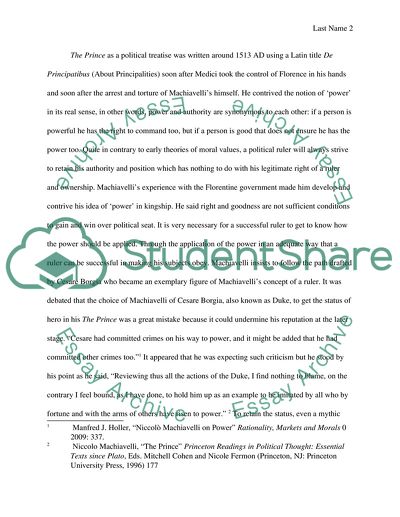Cite this document
(“Machiavelli vs. Mohandas Gandhi-Martin Luther King Jr. on Power Essay - 1”, n.d.)
Retrieved from https://studentshare.org/social-science/1575343-machiavelli-vs-mohandas-gandhi-martin-luther-king-jr-on-power
Retrieved from https://studentshare.org/social-science/1575343-machiavelli-vs-mohandas-gandhi-martin-luther-king-jr-on-power
(Machiavelli Vs. Mohandas Gandhi-Martin Luther King Jr. On Power Essay - 1)
https://studentshare.org/social-science/1575343-machiavelli-vs-mohandas-gandhi-martin-luther-king-jr-on-power.
https://studentshare.org/social-science/1575343-machiavelli-vs-mohandas-gandhi-martin-luther-king-jr-on-power.
“Machiavelli Vs. Mohandas Gandhi-Martin Luther King Jr. On Power Essay - 1”, n.d. https://studentshare.org/social-science/1575343-machiavelli-vs-mohandas-gandhi-martin-luther-king-jr-on-power.


